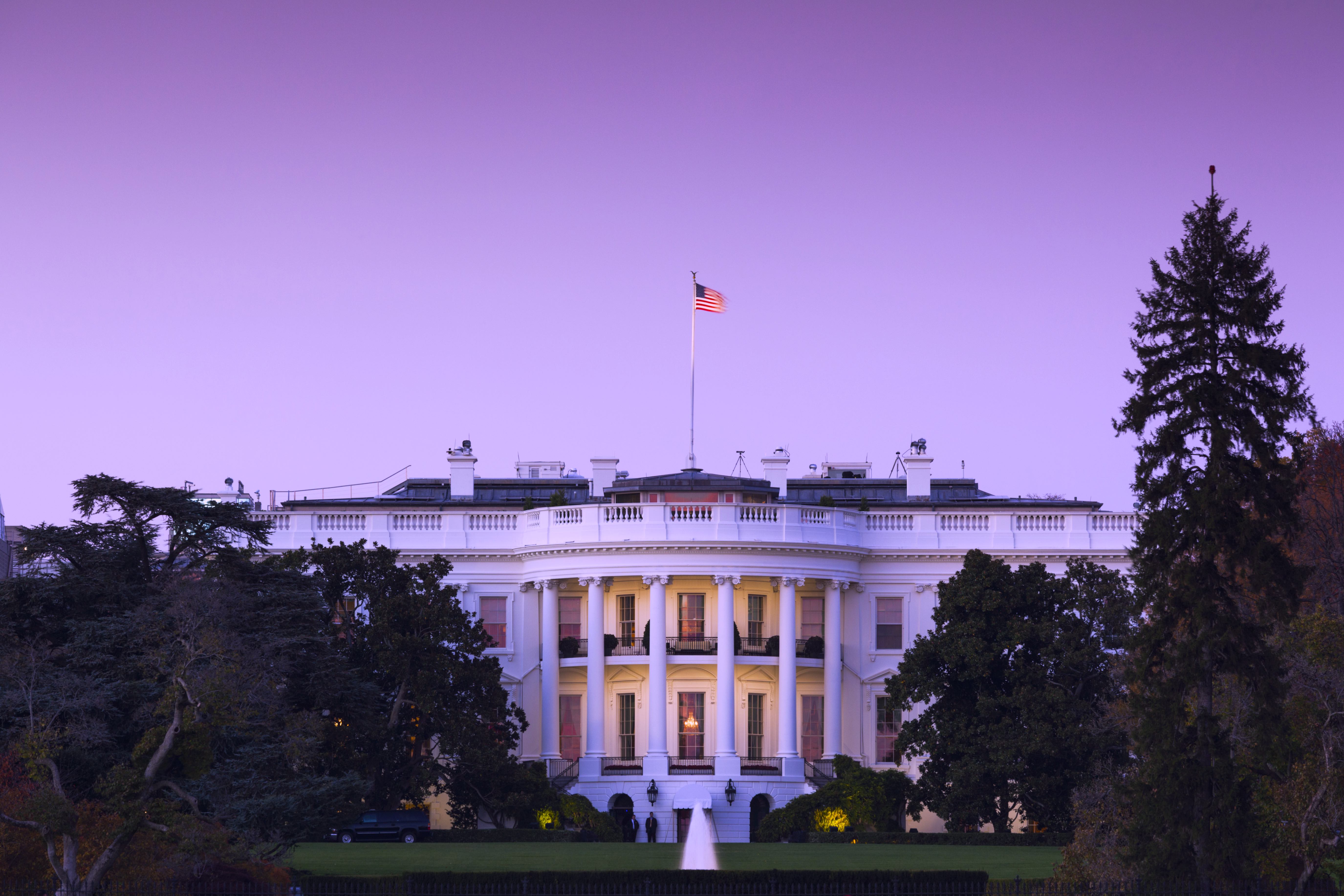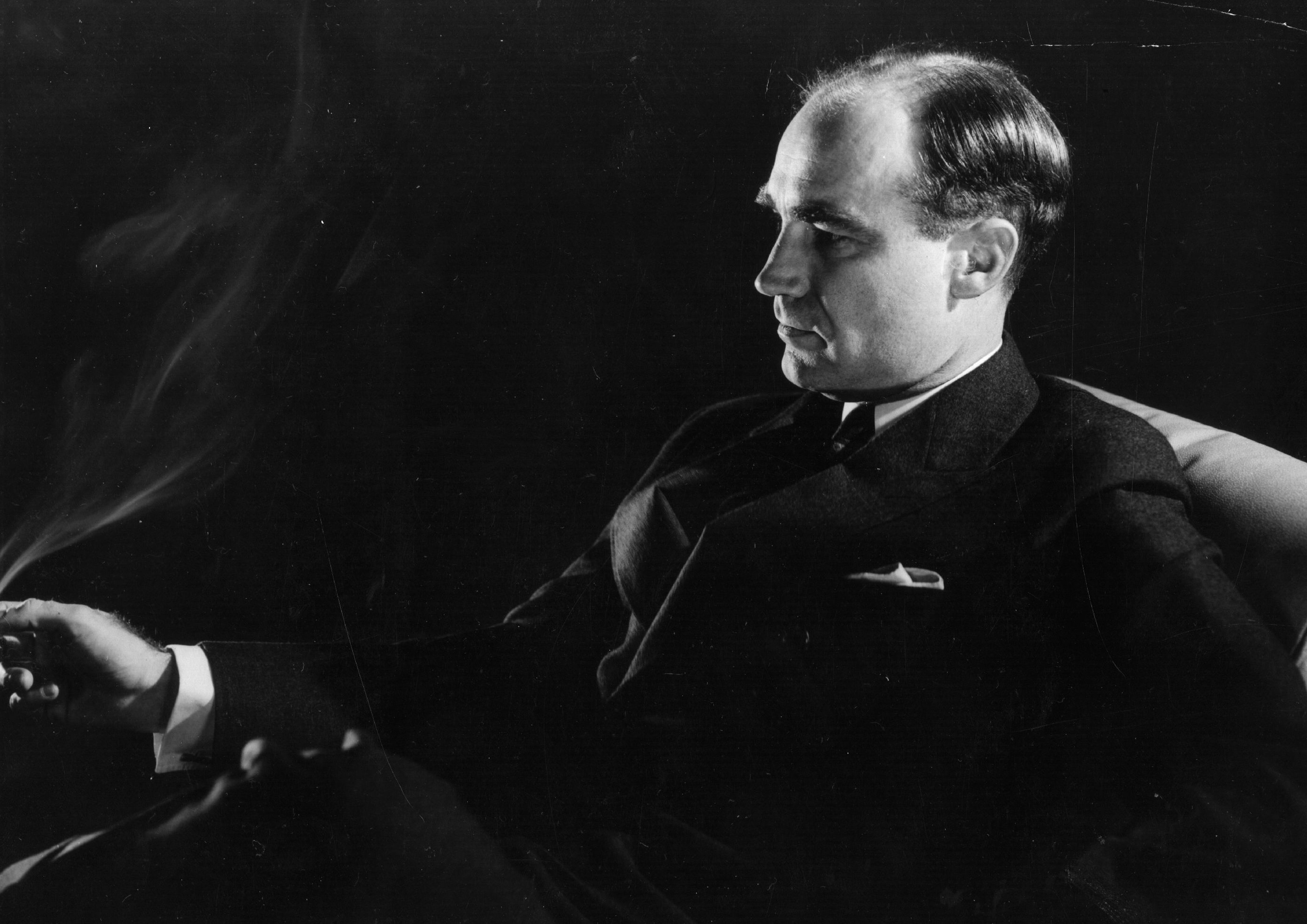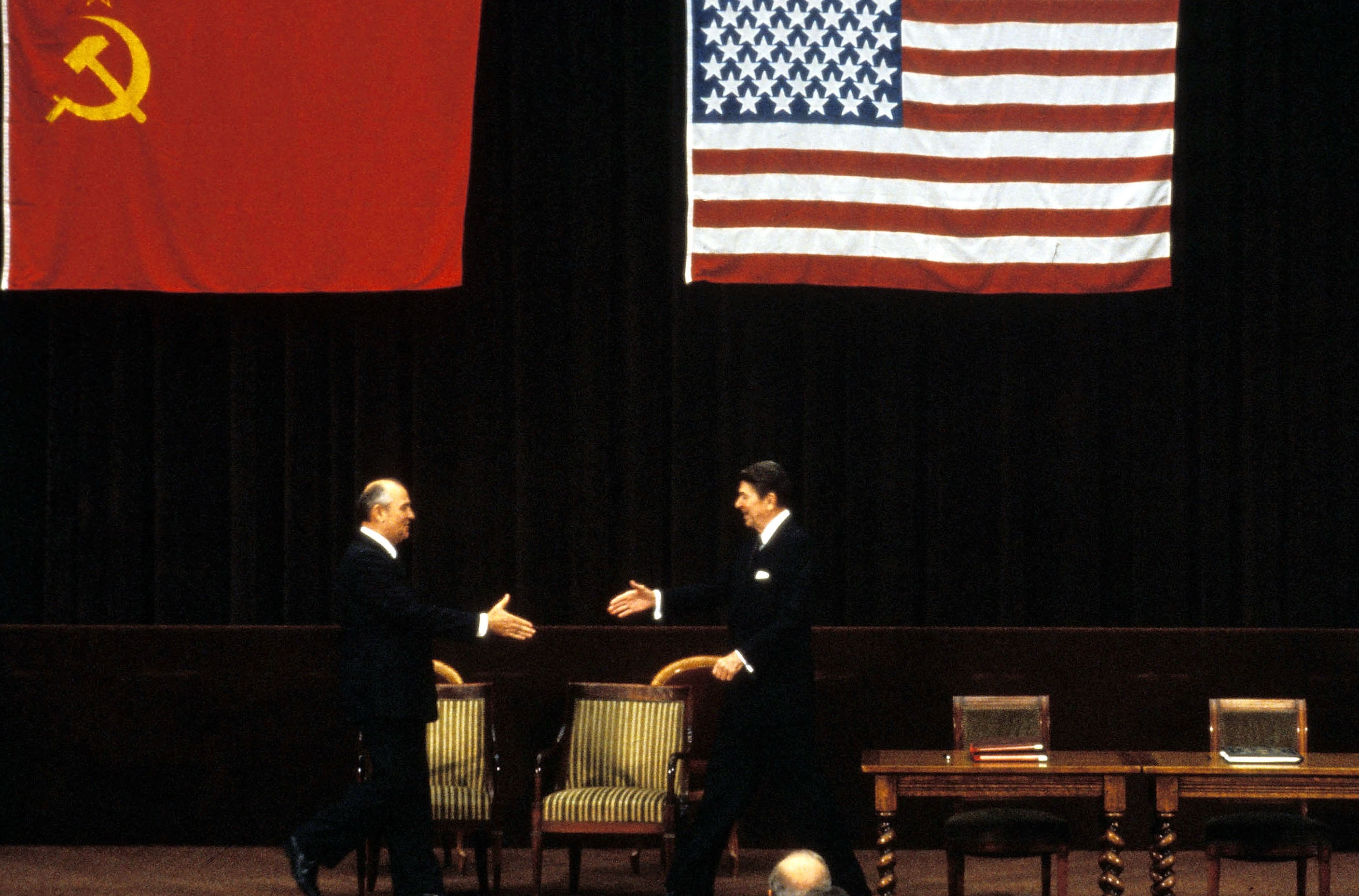
Sciences & Technology
The importance of teaching boys about brilliant women

Is the United States’ time in the sun as the world’s superpower coming to an end? While American exceptionalism reigns supreme, the Capitol Hill riots revealed a truth
Published 7 March 2021
Were the past 80 years truly the “American Century”? A corollary, though unspoken, question – if this is true, is the United States’ time in the sun over?
As an American historian of modern Latin America, I am mindful of my own power and position relative to the people, places, and ideas I study. Since the 1970s, American academics have reflected on our country’s outsized power and influence and the way that affects our scholarship.

While initial discussions were often centred on economic disparities and political intervention, they have now expanded to include better recognition on the part of white scholars that their own racial identity matters just as much as those of the peoples they study.
But this encouragement to look at the United States and its incredible power with thoughtfulness and care doesn’t seem to have extended much beyond the humanities.
Indeed, American exceptionalism continues to reign supreme.

Sciences & Technology
The importance of teaching boys about brilliant women
Nowhere was this more evident than in the news coverage of the 6 January Capitol Hill insurrection, and indeed all the events leading up to that day.
Commentators from every major US news network, not just Fox News or One America News Network (OANN), felt compelled to share their grief that the images they were seeing better belonged to “third world” countries or in “war zones” which, of course, were never meant to be in the confines of the mainland US territory.
But then, even I never really expected to see an auto-golpe (or self-coup) – an extremely common occurrence in Latin America – televised live in my own country.
I have to believe that many of the people watching the footage from Capitol Hill asked themselves the same questions that opened this piece. And just thinking of them, caused deep pain.

How to explain this pain? From my vantage point, it emerges from a fundamental misunderstanding of American foreign policy and influence over the past eight decades and beyond.
First and foremost, the origin of the concept of the “American Century” has mostly been lost.
American media magnate Henry Robinson Luce wrote his essay, “The American Century,” in February 1941. At that time, most Americans were still keen to avoid international conflicts and organisations. The United States did best when it looked out for itself.

Education
Getting racism out of the classroom
Besides, if the world needed a globe-spanning influencer, it had the British Empire.
For virtually everyone alive today on the planet, this previous version of the United States sounds practically unimaginable.
But Luce’s essay began to elaborate a new approach for American foreign policy and for the American imagination. Though he wouldn’t have put it in these terms, his essay insisted that the United States was part of an interconnected global community and no amount of wishful thinking would change that.
The United States already had a vested interest in the outcome of World War II because most Americans hoped for a British victory. Why? Because that was a world that Americans understood.

A Nazi-run Europe and expanding Japanese Empire was something that most Americans feared. So, the choice for Luce (and for hundreds of American politicians and diplomats after him) wasn’t how to avoid international events but rather how to best wield the power derived from global connection to the United States’ advantage.
Another misperception hidden in the term “American Century” is that the first half of it would be better understood as the Soviet-American ideological clash.
Until the early 1990s, the Soviet Union played an equally important role in shaping the global community. For most involved in Cold War decision-making, both in Washington DC and Moscow, it was obvious that the world was divided into two camps with equal ability to destroy the other.

Environment
Building collective knowledge for action
But, of course, even this characterisation of the Cold War – a characterisation that was popular within both the United States and Soviet Union – treated “third world” and non-aligned countries as pawns. The agency of states and peoples’ who sought to create their own path is also lost in treating the past decades as simply the American extravaganza.
It seems that the popular understanding of what the “American Century” was, is actually based on the past 30 years, when the United States emerged as the only superpower.
Especially since the attacks of 11 September 2001, American foreign policy has become simultaneously more xenophobic and isolationist while demanding almost complete deference from the international community.
So, what might an Australian audience take away from the possible end of the American Century?

Ideally, that isolationism and exceptionalism are both equally powerful and damaging myths. As Luce pointed out in 1941, no amount of geographic distance from “troubled” countries can protect from the impact of global events.
As an island Australia has the potential to draw more comfort from a sense of isolation than was ever possible in the United States.
The fact that the primary public health response to the pandemic has been indefinite border closure shows just how much isolationism still holds sway in Australia.

Health & Medicine
Finding an ‘early warning’ for preeclampsia
Similarly, exceptionalism is a cancer that eats away at all nations that tout their unique “ways of life.”
All nations suffer from this kind of thinking at least a bit. But Australians, like Americans, are especially fond of the idea that there is something special about Australia – the lucky country.
But exceptionalism is generally used to provide cover for things like detention centres and genocides and callous disregard for society’s most vulnerable, rather than speaking to what actually makes a given country or people special.
So, perhaps the end of the “American Century” will be the starting point for a wider global reckoning, challenging the kinds of myths we tell ourselves in countries all over the world.
Dr Sarah Walsh is teaching the subject, the World Since World War II in Semester 1, 2021.
Banner: Getty Images